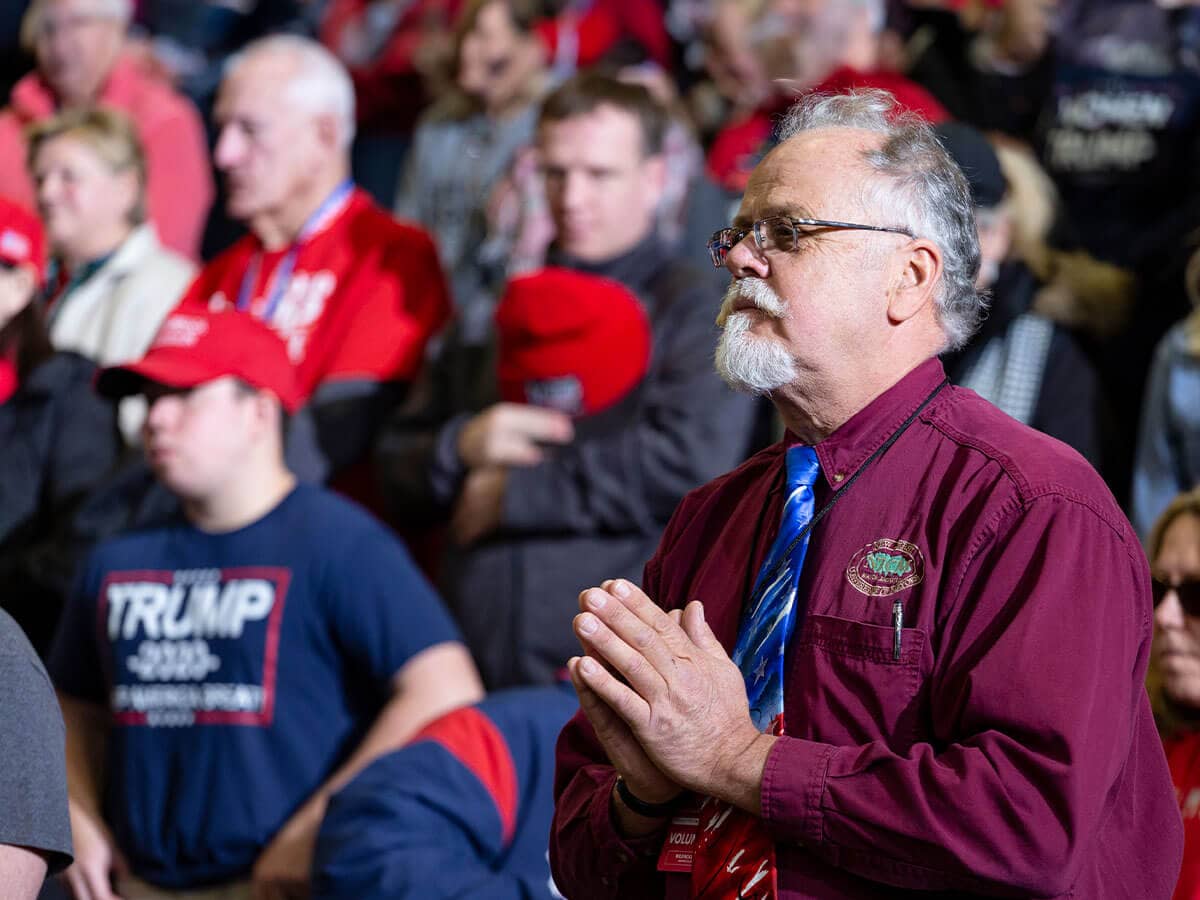Sao Paulo, Brazil - Pope Benedict XVI caused such a stir with his comments on the excommunication of lawmakers who vote in favor of legalizing abortion that the Vatican released a transcript Thursday changing what he said.
While Benedict met with Brazil's president and thousands of Roman Catholics streamed toward a soccer stadium for an evening youth rally, the Vatican released a new transcript that seemed to roll back the pope's comments from a day earlier.
Asked during an in-flight news conference Wednesday if legislators who legalized abortion in Mexico City should rightfully be considered excommunicated, Benedict said "Yes."
"The excommunication was not something arbitrary. It is part of the (canon law) code," the pope continued, seemingly siding with the Mexican bishops who said the politicians had excommunicated themselves.
But Benedict's spokesman, the Rev. Federico Lombardi, issued a statement later Wednesday saying Benedict did not intend to formally excommunicate anyone - a rare process under church law. He added that politicians who vote in favor of abortion had excluded themselves from receiving Holy Communion.
On Thursday, the Vatican tried again to defuse the controversy, issuing a slightly edited transcript that dropped the word "yes" in the pope's response to the question that started it all. Several other changes made it seem a more general statement, rather than referring to the Mexican bishops.
Lombardi told reporters such edits are common. "Every time the pope speaks off-the-cuff the Secretariat of State reviews and cleans up his remarks," he said.
Benedict's comments stoked debate among Catholics who have been arguing whether politicians who approve abortion legislation as well as doctors and nurses who take part in the procedure subject themselves to automatic excommunication under church law.
Some of the Mexican legislators involved said they still consider themselves to be Catholic - no matter what the pope says. And in the United States, Republican presidential candidate Rudy Giuliani - a Catholic who favors abortion rights - avoided saying whether the pope's statement changes his relationship with the church. "I do not get into debates with the pope, that is not a good idea," Giuliani said.
Lombardi was asked again Thursday whether the church intends to use the threat of excommunication against politicians who are thinking of legalizing abortion. "The pope has said every one of us has a Christian attitude and must have a Christian behavior, coherent with his faith and vision of life. When this is not the case, then comes the problem of the true participation in the life of the church and also in the Eucharist," he said.
"This is the question. Are we coherent with our Christian vision? If yes, we can participate. If no, there is a problem."
The flurry of papal statements and revisions left many puzzled. Some newspapers in Brazil and Mexico declared Benedict approves of excommunication for politicians who support abortion rights, while others said exactly the opposite - that he had ruled it out.
The controversy didn't help persuade some of the Brazilians waiting for a glimpse of the pope.
"I'm totally against his stance on abortion. I have two daughters and we know how Sao Paulo is. If something happened to them, and they were raped, I would never let them have a baby that way," said Roberto Tavares, a retired airline pilot. Still, "it's very important he came to visit us in Brazil, even if we don't agree with all of his views."
Benedict is determined to prevent legal abortions from expanding in Latin America. In his first speech in Brazil, he expressed confidence that Latin America's Catholic leaders will take a strong anti-abortion stand at their bishops' conference next week, reinforcing "respect for life from the moment of conception until natural death as an integral requirement of human nature."
Some 41,000 people were invited to Thursday's stadium rally, and at least 100,000 more were expected outside. Many of these Catholics share the pope's views - polls show that Brazilians are overwhelmingly against expanding access to abortion beyond current law, which allows it in cases of rape or when the mother's life is in danger.
Abortion did not come up in Benedict's meeting Thursday with President Luiz Inacio Lula da Silva, Lombardi said. But one of the president's Cabinet members complained beforehand that a "macho" culture in Brazil has prevented a legitimate debate about legalizing abortion in Latin America's largest nation.
"If men got pregnant, I'm sure this question would have been resolved a long time ago," said Health Minister Jose Gomes Temporao, who is pushing for a referendum on the issue.
While Silva said he's personally opposed to abortion, he said it's an issue for his government because many Brazilian women die from illegal abortions, highlighting the divide among those torn between the church's traditional teachings and the pressures of the modern world.
2016-07-27
2016-07-27
Beliefnet Editor
more from beliefnet and our partners

